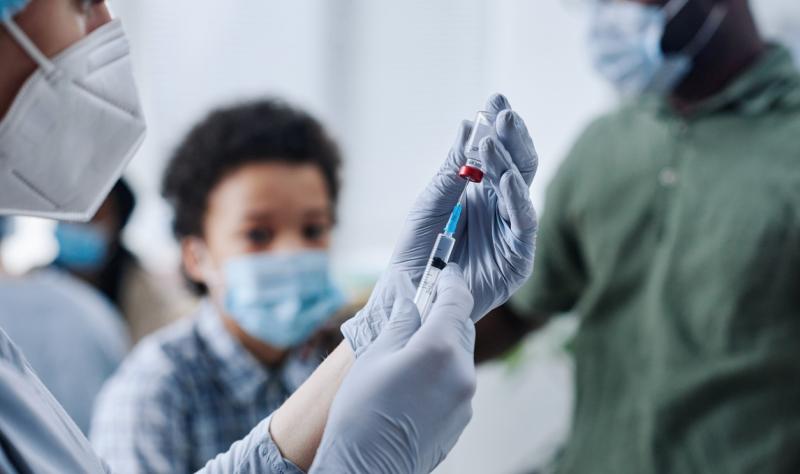The class of 2028 is the last to experience hardship in high school due to COVID-19. As a result, many schools have adopted a “test-optional” policy where students are able to not send in their standardized test scores and not have it affect the quality of their application. As the next year approaches and the high school COVID years are over, institutions are left wondering if they should keep this policy. Dartmouth College, for instance, has reinstated their testing requirement. This begs the question: How will this affect the future of college admissions?
Dartmouth College, on February 5th, became one of the first institutions to make it public that they were getting rid of their test-optional policy. In a statement released the same day, Dartmouth stated that they “believe a standardized testing requirement will improve—not detract from—[their] ability to bring the most promising and diverse students to our campus.” This comes as a shock, as another Ivy League school, Columbia University, announced last year that they will be going test-optional permanently.
Dartmouth believes that the standardized testing requirement is justified due to the college running a study that “found that high school grades paired with standardized testing are the most reliable indicators for success in Dartmouth’s course of study.” To add on, Dartmouth believes that standardized testing results in more prepared students and will offer a more complete picture of a student’s capabilities and readiness.
Sien Beilock, the president of Dartmouth College, stated in a New York Times interview that Dartmouth “is looking at data and research and understanding the implications it has.” Dartmouth also found that many low-income students decided to apply test-optional as they thought their lower scores would hurt their application. When seeing their scores after, Dartmouth realized that the scores they did not submit would have helped them in the process, as it shows how they still thrived in a difficult environment.
The upcoming class will be faced with a blur on whether to focus on standardized tests or not. Many schools will adopt different policies as they see how test scores will benefit their community. While the policy aims to provide a more holistic understanding of a student’s potential, its impact on student diversity and access to higher education remains a controversial topic. It will be interesting to see if other schools follow suit or question if a test-optional policy is really worth it. The effects of this decision will undoubtedly influence the strategies of students and educators alike, marking a new chapter in how students approach the application process



























